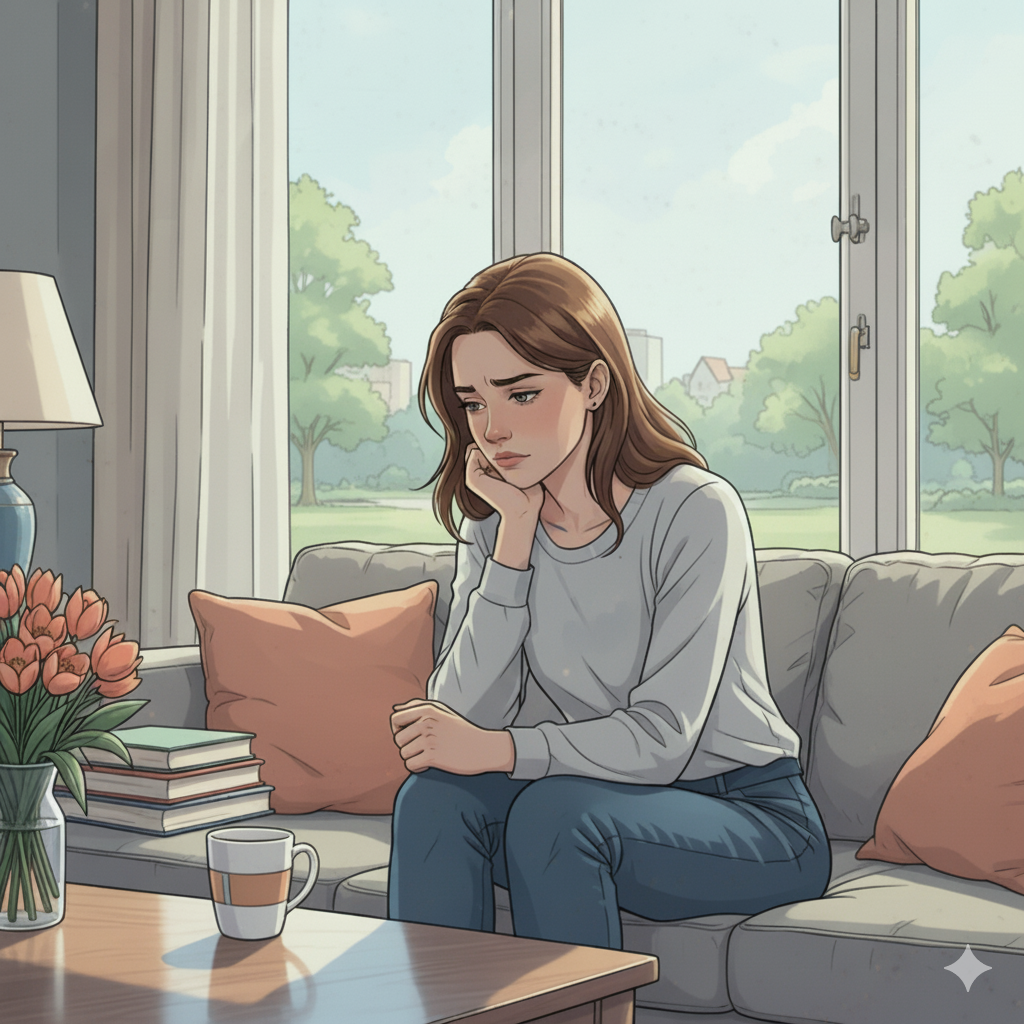
Therapists often hear people say, “I don’t really know why I’m here. My life isn’t that bad… I should be happy.” This is a common and confusing feeling.
The fact that we’ve even noticed feeling sad, anxious, or depressed tells us that we’ve already assigned meaning to those feelings. This very sentiment, highlighted in Kieron P. O’Connor’s book “A Constructionist Clinical Psychology for Cognitive Behavioral Therapy,” gets to the heart of a profound, often misunderstood, reason why people seek help. We tend to think therapy is for “big-T” Traumas or major life crises. But what about when there isn’t one? What about when, by all external measures — good job, nice family, stable home — life looks “fine,” but it just doesn’t feel right?
This may be where we begin to notice the stories we tell ourselves about how life should feel.
Each of us is constantly shaping the story of our own life. We find ways to make sense of who we are, what matters to us, and how the world works. Sometimes these stories sound like, “I am a competent person,” “If I work hard, I will be secure,” or “Good parents always feel…”
Often, our distress doesn’t come from something clearly bad. Sometimes, it happens when the story we’ve been following just doesn’t fit anymore.
Saying, “My life isn’t that bad,” doesn’t mean you’re in denial. It might just mean that feeling anxious, empty, or stuck doesn’t match the story you’ve been telling yourself. When the story no longer fits, it can feel very unsettling.
If this sounds familiar, you are not alone.
For therapists and helpers, these words are a gentle reminder.
Sometimes, saying “I don’t know why I’m here” is just the beginning. It can open the door and gently invite you to see what comes next.
